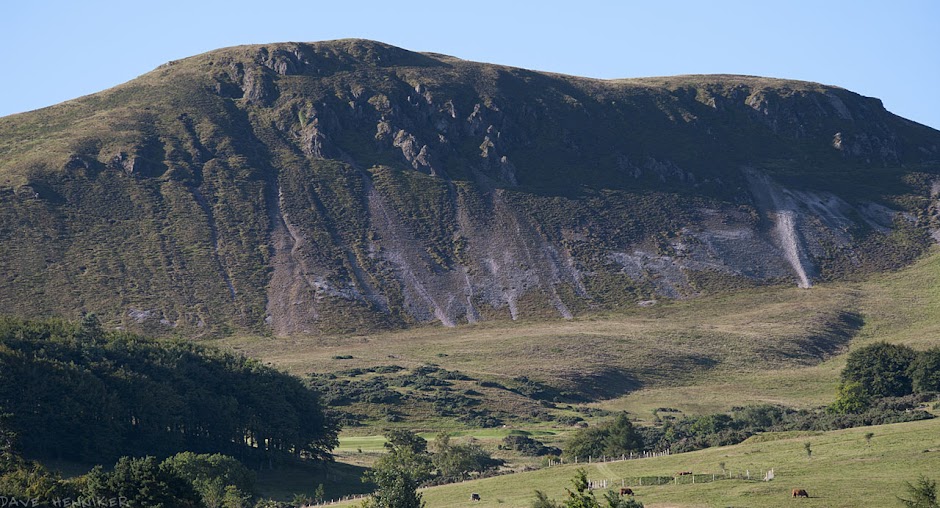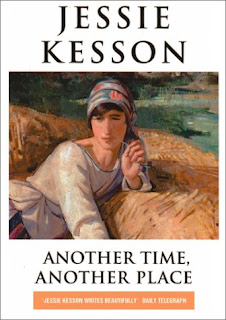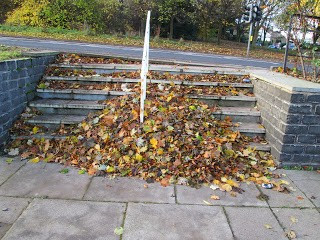So, Arthur is at last a doctor – Dr Arthur
Philip Motley. But how did he finally get there?
I’ve alluded to that within the letter to
Betty Verrill: Arthur had eventually qualified as a doctor through taking the
somewhat unusual and unorthodox route of the L.S.S.M.A. examinations in 1939. Given
he was now 35 years old and with the outbreak of the War it was very much at
the last gasp.
As to whether this was through a period of
self-study whilst he continued to work at the Edinburgh Royal Infirmary or
whether it was by also combining this with some studies through the Society
of Worshipful Apothecaries; the Royal College of Physicians; or the Royal
College of Surgeons I don’t know.
However, I was finally able to obtain some specific detailed information.
After the Corona-virus Lockdown, on
the 17th May 2021, I received a brief e-mail from Janet Payne the Archive
Officer at The Society of Apothecaries (London) writing to me to say that the
staff had now been able to return to the Apothecaries' Hall.
Attached to Janet‘s note was Arthur Phillip Motley’s examination results in both Surgery and in Medicine.
Arthur sat the Surgery examinations – a written paper on Monday 14th March 1938 and then three days later an oral exam thus giving him two days in between each set of examinations to study and prepare.
As can be seen from the results he scraped through in them all.
The combined marks in Clinical Written and Oral were 51 with 50 being a pass - whew, that one was close!
In Surgical Anatomy and Operative Manipulation combined with Instruments, Bandaging and Appliances his combined marks were 80 with a pass being 75 so once again the margins were slim. Whilst in Surgery he scored 106 with 100 being the pass mark and finally in Surgical Pathology he scored 57 with the pass being 50.
This new information was helpful and insightful from two particular angles.
It provided a further insight into Arthur's life during the mid-1930s as to what he was doing.
Arthur hadn't given up on his dream to become a doctor and was preparing to re-vitalise this ambition.
And second, it also confirms the overall view that whilst he was a wonderful family doctor in many different ways, academically he wasn’t a student of the first rank in terms of either his medical knowledge and abilities.
The successful results of March 1938 now gave him the impetus and stimulus to study for a further 18 months to prepare for the second set of examinations - The Society of Apothecaries of London Examination in Medicine which he would need to undertake in October 1939.
To an extent we are still somewhat in the dark as to what he was doing alongside studying for these tough examinations.
We know that around 1936 the family had moved from Leith Walk out to 356 Colinton Mains Road.
He was most probably also gaining practical experience as the voluntary Honorary Medical Officer for the Colinton Mains First Aid Post.
Meanwhile, his daughter, Annette Junior, is now aged around 9 years of age and enjoying attending ‘George Square School' (George Watson’s Ladies College).
That was a significant expense - it's a private education and we don’t know with any real certainty quite how Arthur is supporting the family including enabling the purchase of their new house.
And as mentioned earlier, whilst the 1935 U.S. Census records him as working in Edinburgh at the Royal Hospital Edinburgh as a medical intern this seems odd because to be a medical intern would entail having passed his medical degree and of course we are aware that Arthur left the University of Edinburgh back in 1930 without ever qualifying.
So, whilst it was a lovely and exciting time in his life with a young family living in their own home set adjacent to local farms in a new housing development on the southern edge of the capital amongst the fresh and healthy air of the Pentland Hills it would have been a worrying and stressful period of time for him too.
He wasn’t getting any younger – after all he was now 35 and he still hadn’t fulfilled his dream of qualifying to become a doctor.
The clock was ticking.
But as 1938 moved into 1939 there was the balm that at last he was within touching distance of reaching his goal: there was the satisfaction and motivation of passing examination part one leaving part two come the mid-autumn; thus amongst competing priorities, he had to keep the main thing the main thing and focus on passing the final examination in medicine
But outwith Arthur's small world immense things were also occurring on the global stage which would impinge upon him and his family with the potential to blow all of their plans off course.
Arthur wasn’t the worrying type and neither was he overly interested in politics but even he couldn't but be aware of what was happening on the world stage, even if he thought it might never affect him in little old, young Colinton Mains Edinburgh.
And he couldn't but be aware of what was happening in Germany at the time.
But as an American he perhaps remained partly unconcerned and not overly-worried as to what may or may not happen and like millions of the British people any doubts he had may have been assuaged as to the unlikely possibility of war by the 1938 Munich Agreement signed between Germany and Britain: like most every adult in the country he would have seen the photograph of the British Prime Minister Neville Chamberlain shaking hands with Adolf Hitler in Munich or the photograph taken at Heston Aerodrome of Chamberlain on his return to the United Kingdom waving the Peace in our Time Agreement which would have appeared in Arthur’s copy of The Scotsman newspaper.
Arthur kept his head down during the spring and summer of 1939 studying hard whilst continuing to support his family and enjoying their life together.
The examinations were to be held in October.
However, a month before he would sit them, like millions of other Britons, on the 3rd of September 1939 he would have heard the quite shocking news – this only a month before he was due to travel by train down to London to sit the all important Examination in Medicine - the chilling words that came across the airwaves from the British Prime Minister - ‘This morning the British ambassador in Berlin handed the German government a final note stating that unless we heard from them by 11 o'clock that they were prepared at once to withdraw their troops from Poland, a state of war would exist between us. I have to tell you now that no such undertaking has been received, and that consequently this country is at war with Germany.'
Thus two days after Germany had invaded Poland the UK had declared war, with France thereafter following suit.
Even for someone so uninterested in politics and a man who was always quite laid back and relaxed this must have rocked Arthur to the core.
He may now have wondered whether having travelled so very far he was now to be foiled at the last as to whether the examinations would even go ahead - not the best of preparations for an intense period of study.
But fortunately for all the key stakeholders involved, they clearly did go ahead. And he needed to hold his nerve and to focus to finally get over the line.
The examinations did indeed take place and once again Arthur scraped through each specialism – Medicine and Therapeutics; Pathology; Forensic Medicine and Hygiene; and finally Midwifery.
Overall he needed a combined mark of 150 to pass and therefore become, at the last gasp, a doctor – and his mark? – 157!
Thereafter, on that fateful late autumn morning when the postman arrived on his doorstep and the Apothecaries Society of London envelope was delivered through the letter-box of 356 Colinton Main Drive notifying him that he had successfully passed his examinations with the news that he was now a qualified doctor there must have been great whoops of excitement and joy throughout the household!
Instinctively, the person he would have wished most of all to share the wonderful happy news with, would have been his greatest supporter, his 57 year old mother, Ethel, back in McAlester City Oklahoma.
Surely, he would have dashed along to the post office at Colinton Mains and sent her a telegram, signed simply, 'DR. Arthur Phillip Motley'!



































